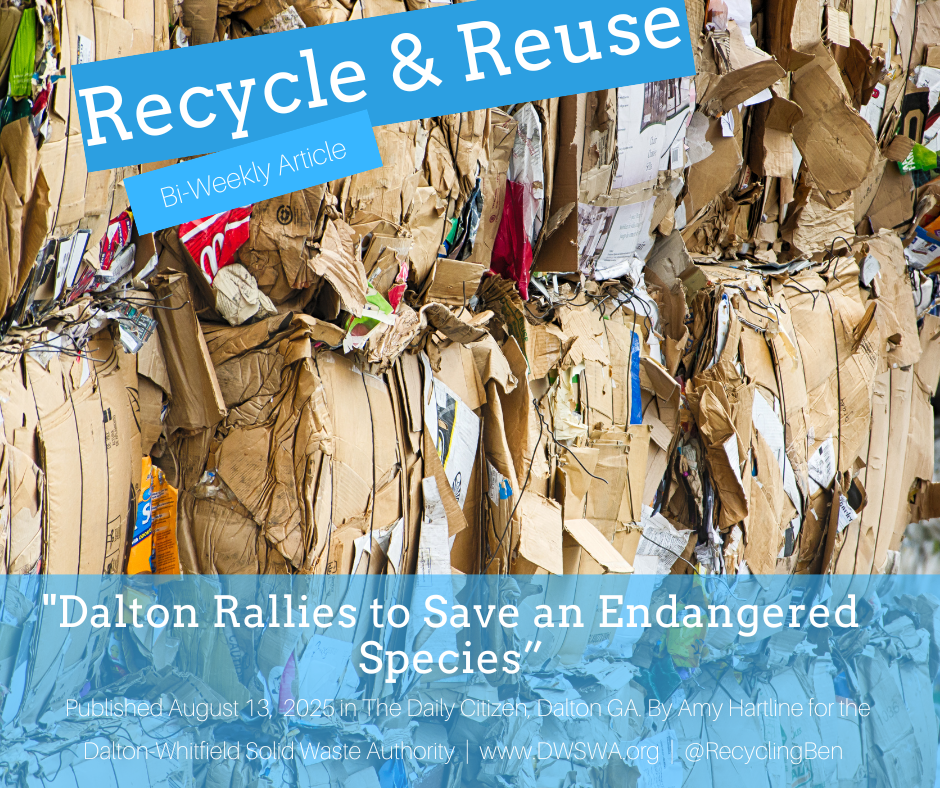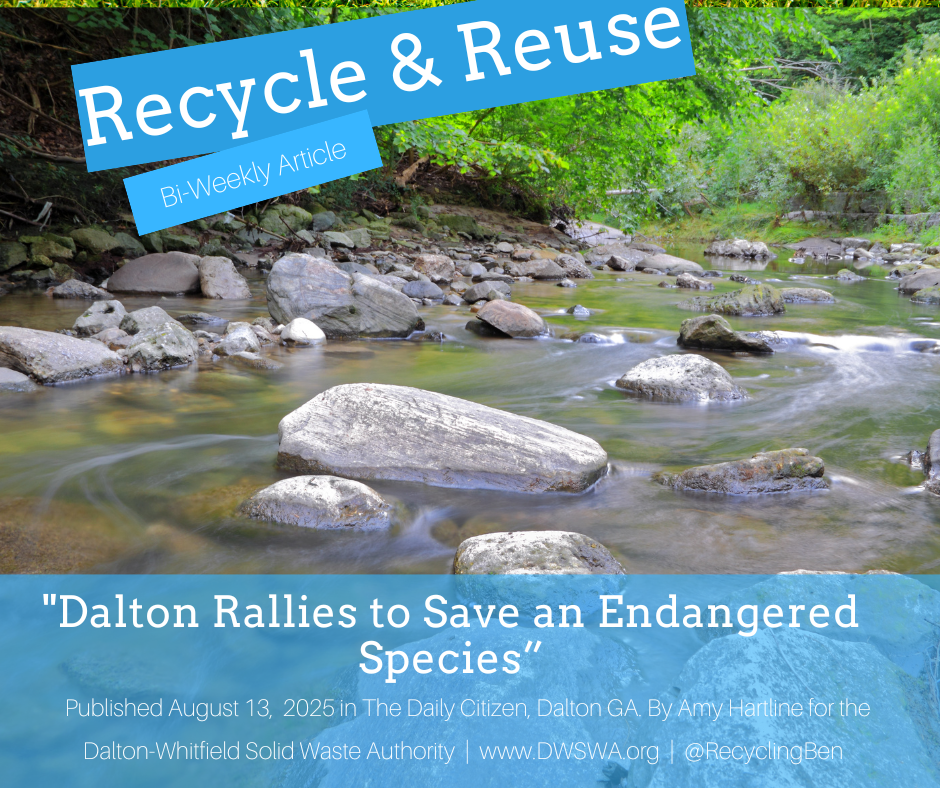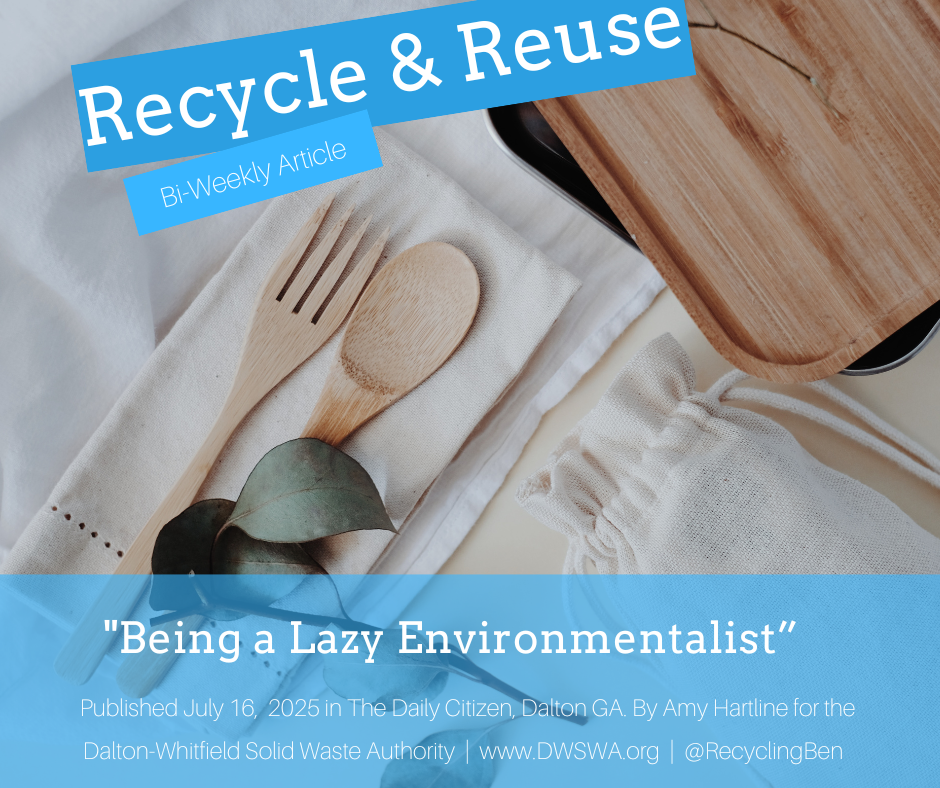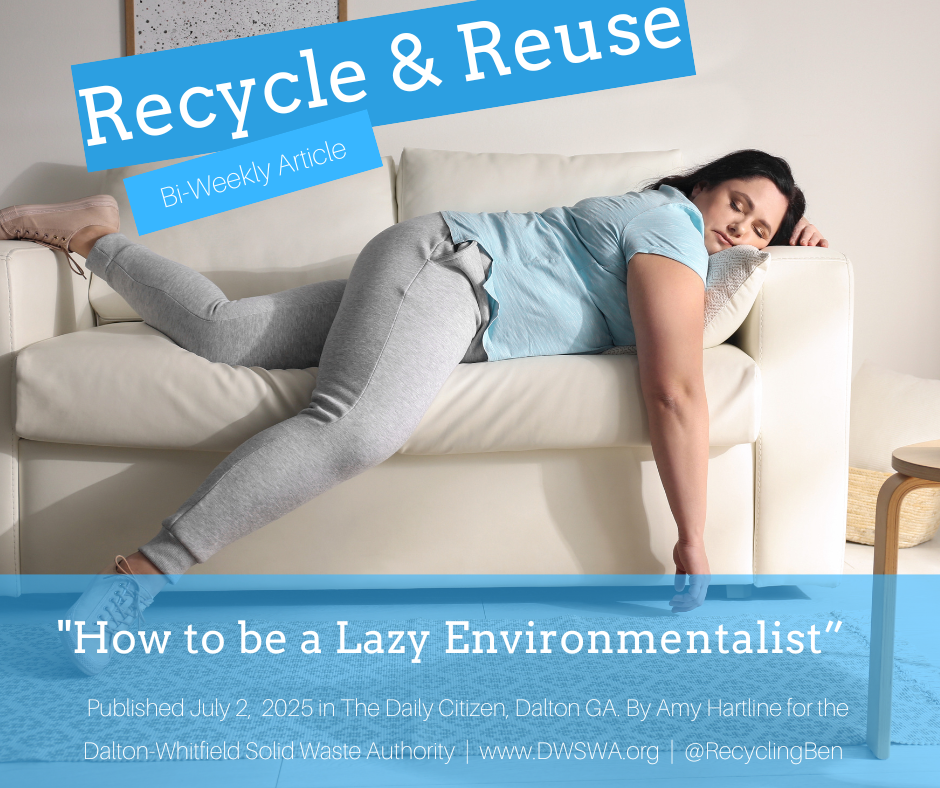Planting Native in Northwest Georgia Just Got Way Easier
/If you’ve been thinking about trying to plant more native species in your garden and have found yourself overwhelmed, I have great news for you. Thanks to website made by Thrive Regional Partnership and Homegrown National Park, it is easier than it has ever been to get started understanding what to grow, how to grow it, and where to buy it locally. With this resource, we can have beautiful gardens that help the earth and are much easier for us to maintain.
Planting a native garden is beneficial for you and for wildlife. Native plants are adapted to our climate and soil (yes, even that hard clay soil so many of us have) so they require less water and care which means they are perfect for even a first-time gardener! That also means that you are going to spend less money on fertilizers or pesticides for your plants, gardening supplies, and your water bill. For our local ecosystem, native plants are important because they provide food and shelter for local wildlife and the plants root systems are adapted to our soil which helps prevent erosion.
Bridget Massengill, President/CEO of Thrive Regional Partnerships said about planting native species and the tool, "Native plants directly contribute to the health and heritage of our local communities by creating a sense of place, supporting wildlife, and even saving maintenance costs. The Thriving Gardens native plant selection tool and resource guide was designed to give residents and businesses the information they need to create beautiful, durable landscapes, whether you have acres, or a few pots. Together, we can make landscaping choices that conserve the natural character of our local communities."
In the past, it has been a little overwhelming trying to dive in and find information about what plants are actually native to our area. Even when you found plants that were native, you would then need to figure out if it would actually work in your yard. Now, thanks to Thrive Regional Partnership and Homegrown National Park, all you have to do is visit ourthrivinggardens.org and click the “What to Plant” tab. These experts have created this resource specifically for the greater Chattanooga region which includes Whitfield and Dalton which means you can’t go wrong.
Once you click on this tab you can use various filters to find a plant that will fit exactly what you are looking for. Want a flower that will still bloom in the shade is deer resistant? Click on the filters to find that Jewelweed is just the plant you are looking for! Looking for a shrub that will attract pollinators, but won’t be toxic to your pet? Click the filters to find the shrubs that attract pollinators and then click “Toxic to Pets” to check off those species and make sure you get a safe variety. The American Beautyberry is my personal favorite of those options.
Once you know what to plant, you have to figure out where to buy it. Most of your big chains aren’t focusing on carrying native species specifically for your area so you can’t just head to a big box store and grab you a Goatsbeard or a Moonflower Silphium. Luckily the site also has a “Where to Buy” tab that can help you find a supplier. Though we are big fans of Fiddleheads over here so call them first and check to see if what you are looking for is in store before driving to a different town or mail ordering your plants!
If you’ve got your garden going and want to dig in a little deeper, check out their “Inspiration” section with links to the UGA Botanical Garden, TN Wild Ones, and more. Check out this and past years “Pollinator Plants of the Year” including the Georgia Native section through the UGA Botanical Garden to learn details about some of the plants including bloom time and horticultural recommendations. You can also visit TN Wild Ones to find out about free educational public programs and member hikes and tours.
Whether you have a well-established garden and are just looking to add in some local variety or you are just starting out with a couple of containers on your porch, this resource is a great help to those of growing in Dalton and Whitfield. Take a few minutes as we embrace the warmth and growth of spring to consider your garden and how your piece of paradise can help the planet.
Amy Hartline is the recycling and education program coordinator for the Dalton-Whitfield Solid Waste Authority. Have a recycling question? Contact her at (706) 278-5001 or ahartline@dwswa.org.































